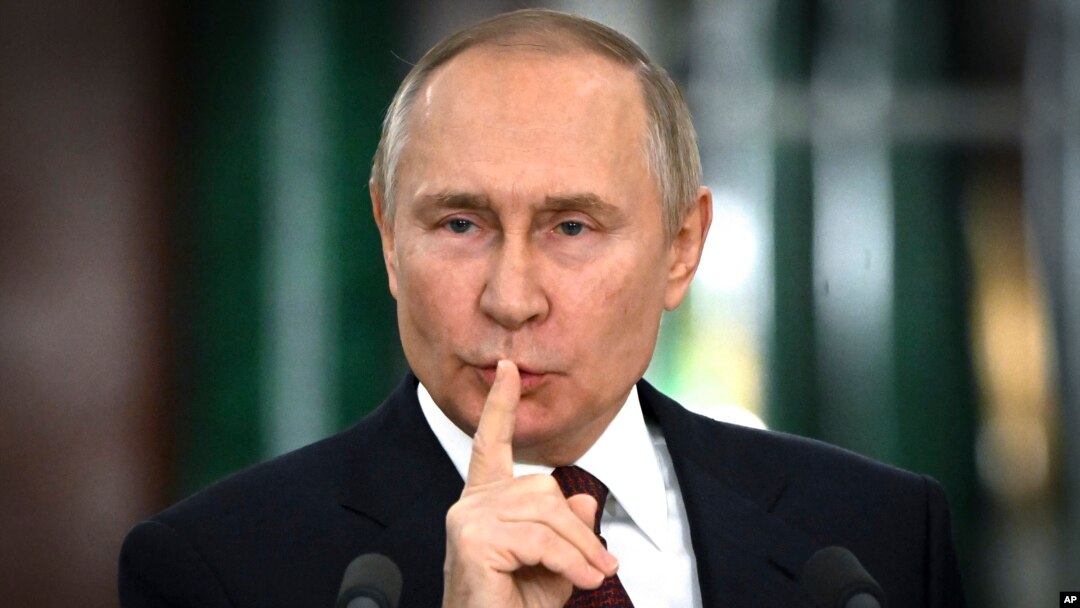
In recent years, Russia has seen a significant increase in cases related to treason and espionage, reflecting a broader crackdown under President Vladimir Putin's regime. This surge in legal actions has been closely tied to geopolitical tensions and domestic policies, particularly since the onset of the war in Ukraine. The following provides an overview of this troubling trend and its implications.
Since the conflict with Ukraine began, Russia has witnessed a notable rise in prosecutions for treason and espionage. Authorities have targeted a diverse range of individuals, including scientists, journalists, and even ordinary workers. This crackdown underscores the Kremlin's tightening grip on dissent and perceived threats to national security.
The cases often involve allegations of divulging state secrets or collaborating with foreign entities deemed hostile to Russian interests. Critics argue that these charges are sometimes politically motivated, aimed at silencing opposition voices or intimidating potential dissenters. The consequences for those accused can be severe, with lengthy prison sentences being a common outcome.
One high-profile case is that of journalist Ivan Gershkovich, who was recently arrested on charges of treason. Gershkovich had reported extensively on sensitive military operations and alleged corruption within Russian government circles. His case has drawn international attention and sparked concerns about press freedom in Russia.
The legal framework surrounding treason and espionage in Russia has been criticized for its vague and expansive definitions, which allow for broad interpretation and application by authorities. This ambiguity has raised fears among civil rights advocates and legal experts, who argue that it undermines due process and fair trial standards.
Despite these concerns, the Kremlin maintains that such measures are necessary to safeguard national security in a volatile geopolitical environment. Officials argue that Russia faces unprecedented threats from abroad, necessitating stringent measures to protect state interests and prevent espionage activities.
The increasing number of treason and espionage cases reflects a broader pattern of crackdown on dissent and perceived threats to Putin's rule. As Russia navigates through international sanctions and diplomatic tensions, the internal suppression of perceived adversaries appears to be intensifying.
So, the rising cases of treason and espionage in Russia highlight a troubling trend under President Putin's leadership. The crackdown on individuals accused of threatening national security underscores the government's prioritization of control and stability over civil liberties and political dissent.


0 Comments